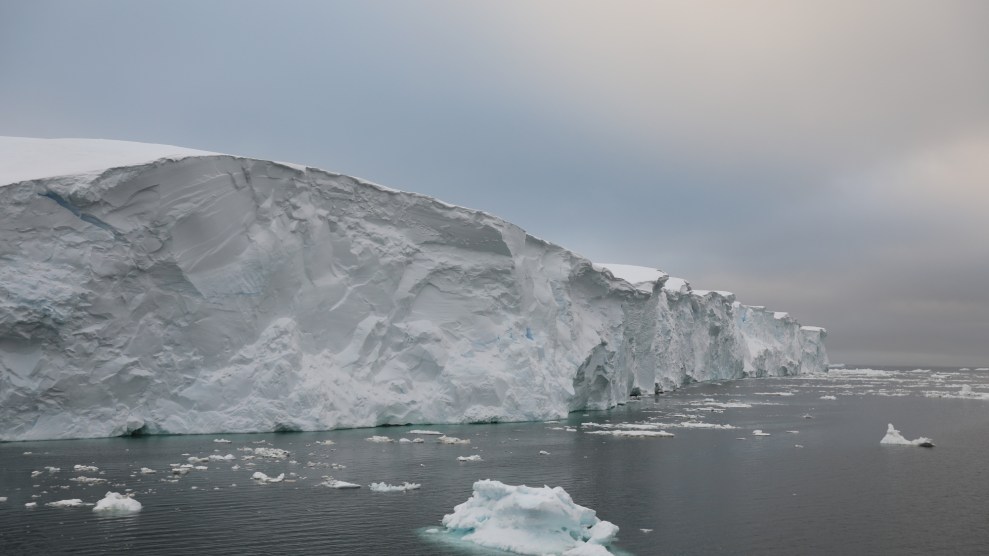Rep. Richard Pombo (R-Calif.)
Pombo has used his position as chair of the House Resources Committee to try to weaken laws protecting fisheries and marine mammals, as well as end a 24-year-old federal moratorium on offshore drilling. Though he represents an inland district, he’s one of the only American supporters of commercial whaling. He has read a pro-whaling resolution into the Congressional Record and has accepted more than $23,000 in foreign junkets from the International Foundation for the Conservation of Natural Resources (IFCNR), which attacks antiwhaling and other environmental regulation worldwide. Pombo later claimed he didn’t know IFCNR was private and therefore that accepting its money may have violated the law. The group is identified as a “private foundation” in the “Who We Are” section of its website.
Japan
Japan offers multimillion-dollar “grants” to poor countries in exchange for pro-whaling votes on the International Whaling Commission. In a famous example, both St. Lucia and St. Vincent and the Grenadines changed their antiwhaling position two weeks after their prime ministers took trips to Tokyo. The two countries then received $20 million in aid from Japan.
Gorton’s
Generations of U.S. consumers have been told to “Trust the Gorton’s Fisherman,” but its Japanese parent company, Nippon Suisan Kaisha Ltd., has killed some 2,700 whales under the guise of “scientific research” since buying Gorton’s in 2001. McDonald’s gets its Filet-O-Fish from Gorton’s.
Pesticide and Fertilizer Industries
Chemicals used in Midwestern farms flow down the Mississippi toward the Gulf of Mexico, where the largest dead zone in America waits. The industries are such strong backers of Rep. Pombo that he let them write a bill undoing the Food Quality Protection Act and introduced it into Congress.
Cruise Lines
Cruise ships can produce 30,000 gallons of sewage and 19 tons of garbage a day, most of which is dumped into the ocean, often in brazen defiance of federal laws. Add to that diesel exhaust equal to 12,240 cars, and you’ve got what the Bluewater Network calls “an emerging crisis.”
Canada
Blame Canada for having lax offshore dumping regulations and municipal waste laws, and for each year allowing hundreds of thousands of seal cubs to be clubbed, shot, and sometimes skinned alive and left to die on the ice. Until 2001, Canada even subsidized the seal hunt.
Red Lobster
To protest the seal slaughter, the Protect Seals Network launched a boycott of Canadian seafood. Darden Restaurants, the U.S. parent company of Red Lobster and Olive Garden and a major seafood importer, has refused to bow to Protect Seals’ demands. Instead, it co-funds IFCNR with the likes of the International Fur Trade Association, the Japan Whaling Association, and Monsanto.
The FDA
Toxic PCBs are regulated by the FDA in commercially sold fish while the EPA issues consumption guidelines for fish caught recreationally. Using standards set in 1984, the FDA allows such high levels of cancer-causing PCBs in farmed salmon that, according to an Environmental Working Group study, were they present in wild salmon, the EPA would restrict consumption to one meal per month.
Europe
Since Europe’s waters are running out of fish, fishermen subsidized by the European Union (to the tune of $350 million in 2001) have headed toward West Africa, where fish stocks have fallen 50 percent in the past 20 years. The rarity of fish in West Africa contributes to the bushmeat trade—meaning that leopards, monkeys, hippos, and antelopes are paying the price of EU overfishing.











